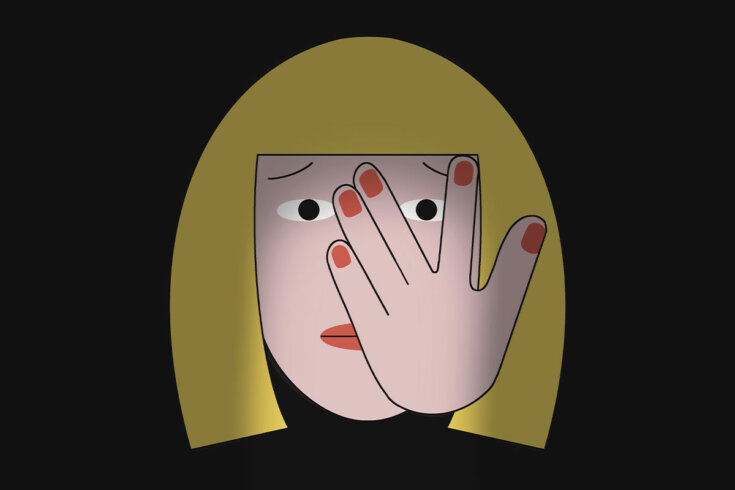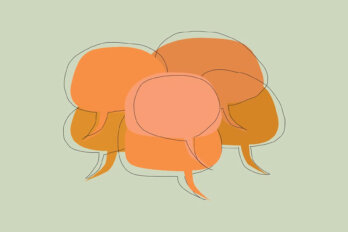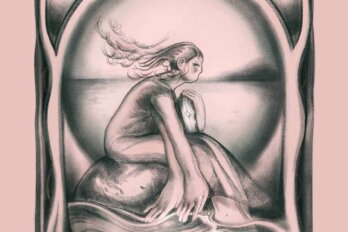I’ve always loved the news. I remember, at nine years old, sitting in the basement of our home in Morden, Manitoba, fascinated by my stepfather’s furniture-sized TV. Like many kids, I found the world mysterious and terrifying. But the nightly newscast, delivered in the lulling baritone of Peter Mansbridge, distilled that world into manageable, understandable pieces that both soothed and fed my curiosity. Like: someone out there knows the score, and now I’m going to know the score too.
When we moved to Oregon, my family subscribed to the local newspaper. I’d come home from school, flip the front section to the back, tear into a bag of chips, and start with the op-ed pages, then work through the headlines. Part of this was probably my fascination with a new country and my awakening to a larger society. But it quickly gelled into the comfort of a ritual: you get home, you grab some food, and you learn what’s been happening out there. It was a day-to-day drama, like a sitcom or a book series, with the undergirded urgency of the stakes being real. As a college student in Portland, I read the alt weeklies in a beautifully dim pizza shack that no longer exists, or over spicy ramen along with the daily paper I’d bring home from campus at night. There was something about the assuredness of the world’s continued presence, like the way the father in Miriam Toews’s A Complicated Kindness is always checking his pulse as if to confirm it still exists.
If I had to pin down a moment when reading news went from being a mark of a respectable adult—like making your bed in the morning or filing your taxes on time—to self-destructive behaviour, it would be the early 2010s. That’s when the act took on the now-familiar experience of staring slack-jawed at my phone or laptop (preferably still twinned with a bowl of something glutted densely with sodium). Reading news became reading too much news, like pressing a button that caused one to get punched in the face over and over again by a cartoon glove marked “DREAD.”
Most days, I don’t keep watch on the news to “stay informed.” It has stopped being a productive or noble task, if it ever was. It’s just an addiction that gives my days corrosive consistency. The media sources have cycled over the years, but the ritual has remained in spite of, well, what the news contains. How can I find any comfort in it when the comfort is a vehicle for horror? I’m transgender, and the news has been heartbreakingly, enragingly awful for some time. But has the news ever been good? My political awakening involved witnessing the US Supreme Court award George Bush the election over Al Gore, followed by the war on terror and the torture sites of Abu Ghraib, the sweep of anti-LGBTQ+ legislation, and, yes, the existential threat of climate change—something friends and I were already discussing in my teens with no shortage of despair.
And here I am, still, loading up websites when I sit down to dinner. (As the old tweet goes, “I don’t know why I’m anxious. I just constantly stare at a device that beams nightmares into my eyes.”) Doomscrolling it’s called; scanning curated feeds, checking news sites, opening links. High-calorie information on tap, for imminent consumption. I’m not alone in this addiction, I know. But I wonder: Do we maybe take more secret pleasure in it than we realize? It’s not quite pleasure in feeling more informed than others—maybe it’s a grasping at control inherent in the act. The world may be awful, but if I know about it, then at least I know.
But beyond that, I wonder, too, if it isn’t driven by some faint, Pollyanna-ish hope that eventually one might see good news? Could this election come in better than I’d hoped? Could a transphobic law get knocked down? Could a war possibly, just maybe, end? What if this guilty pleasure is more like holding out for the opposite of doom as I obsessively refresh my feed like scratching off corner-store lottery tickets, pining for the dopamine of a win for the world?





